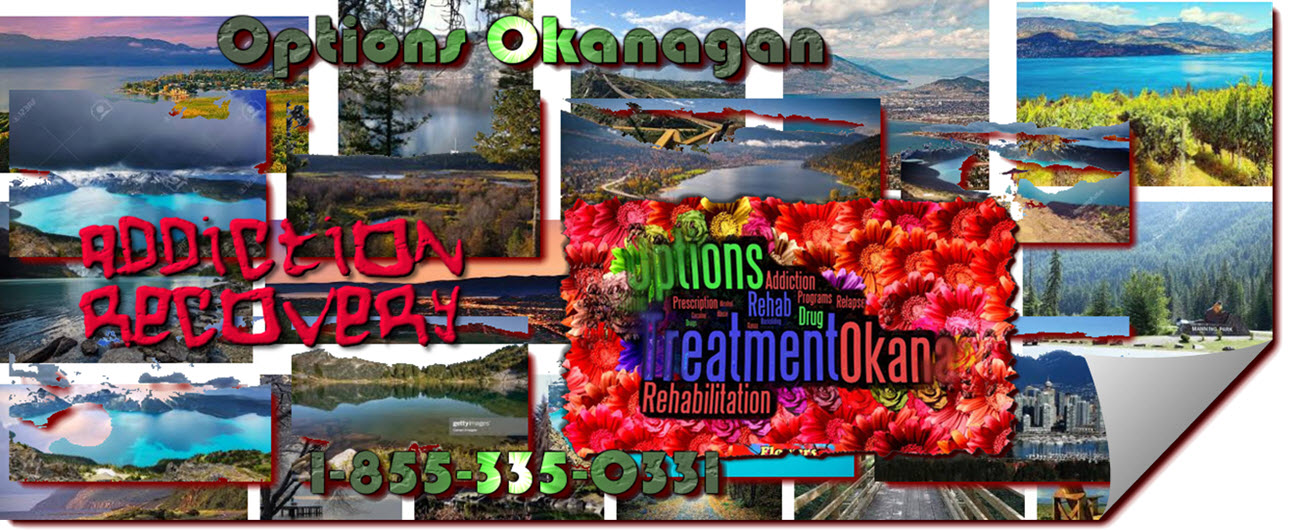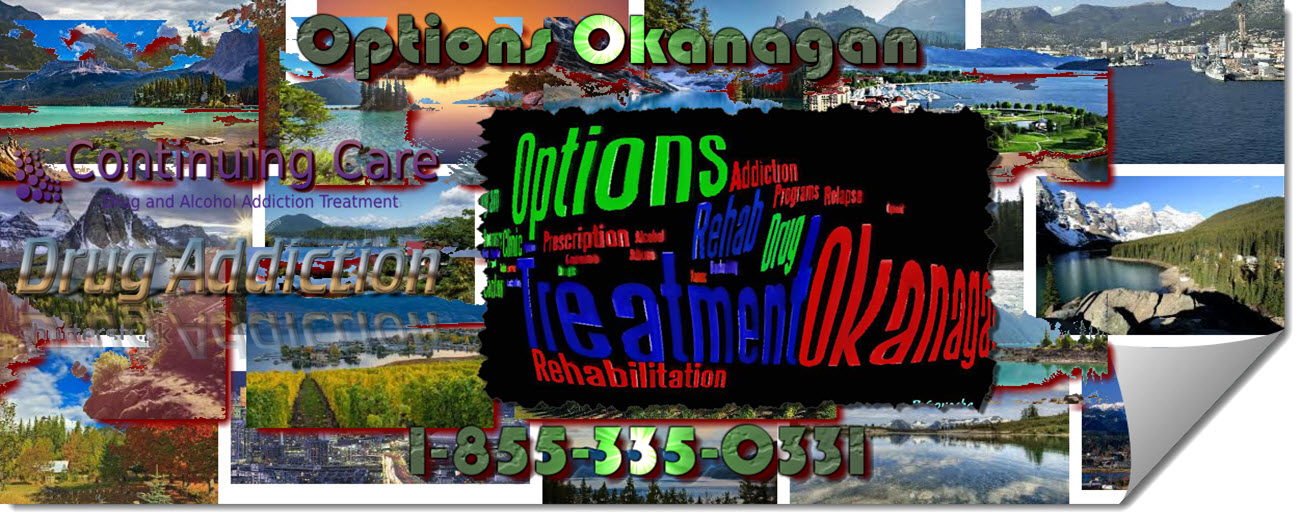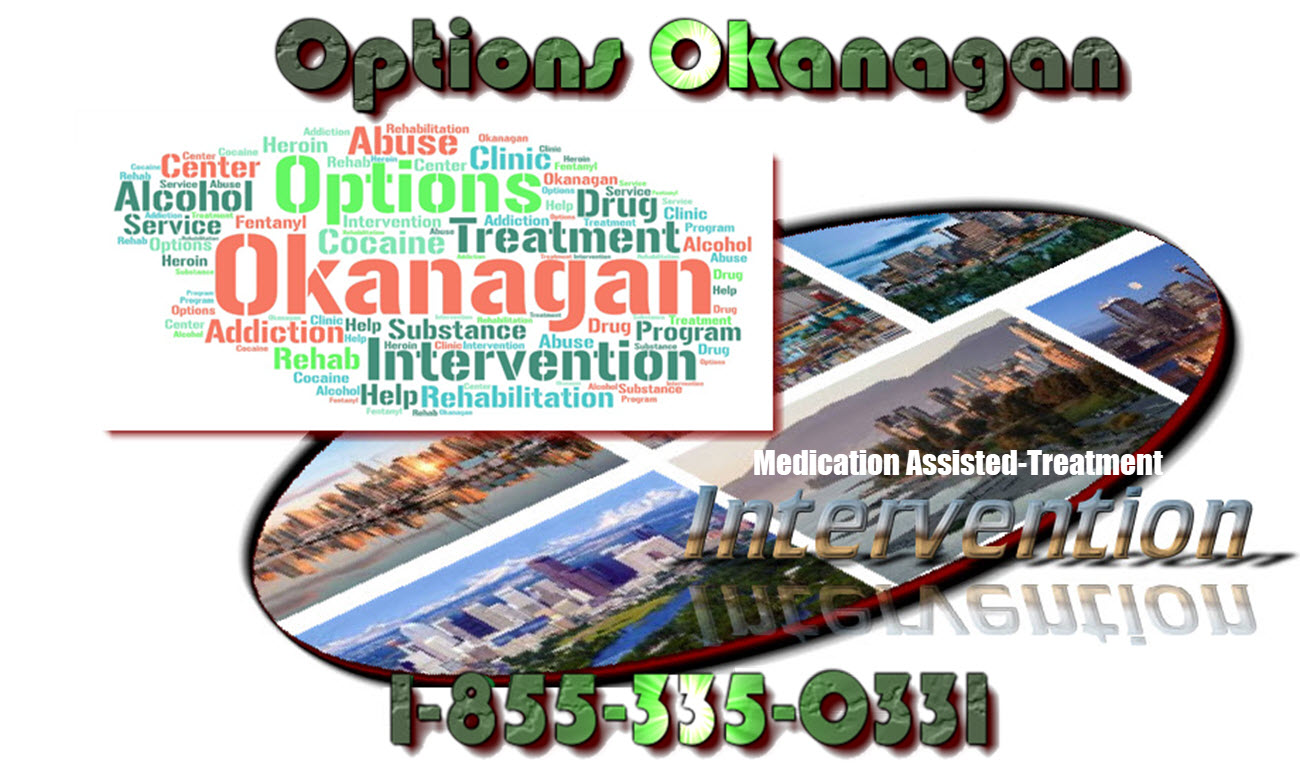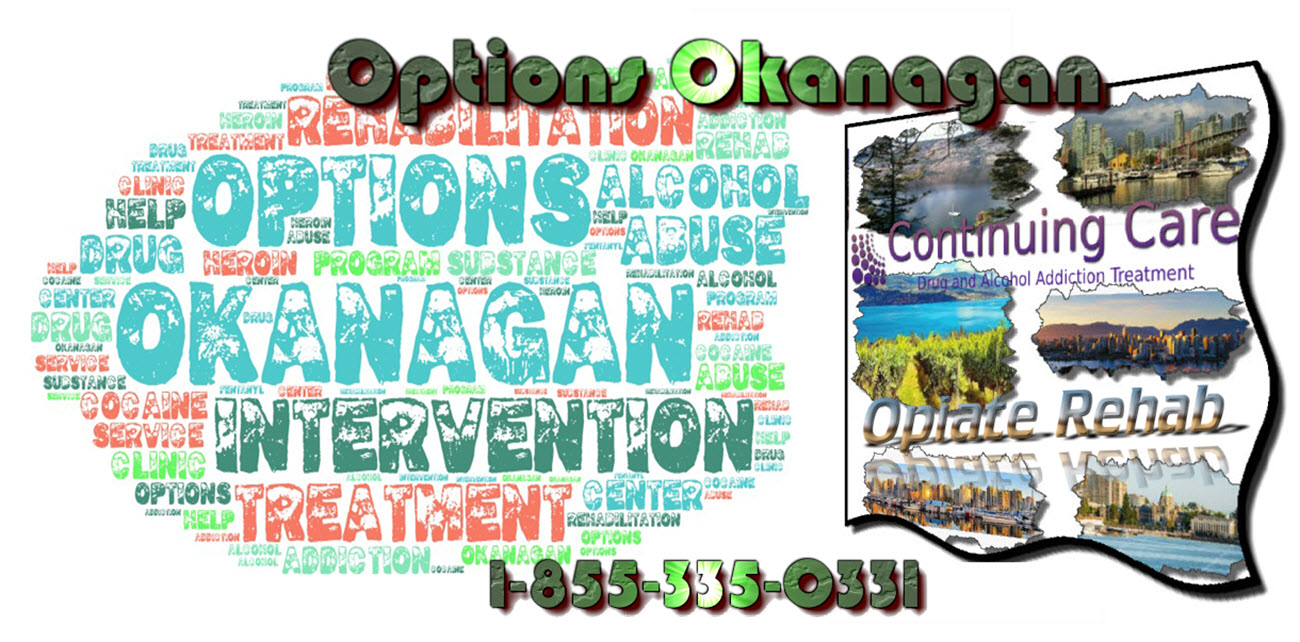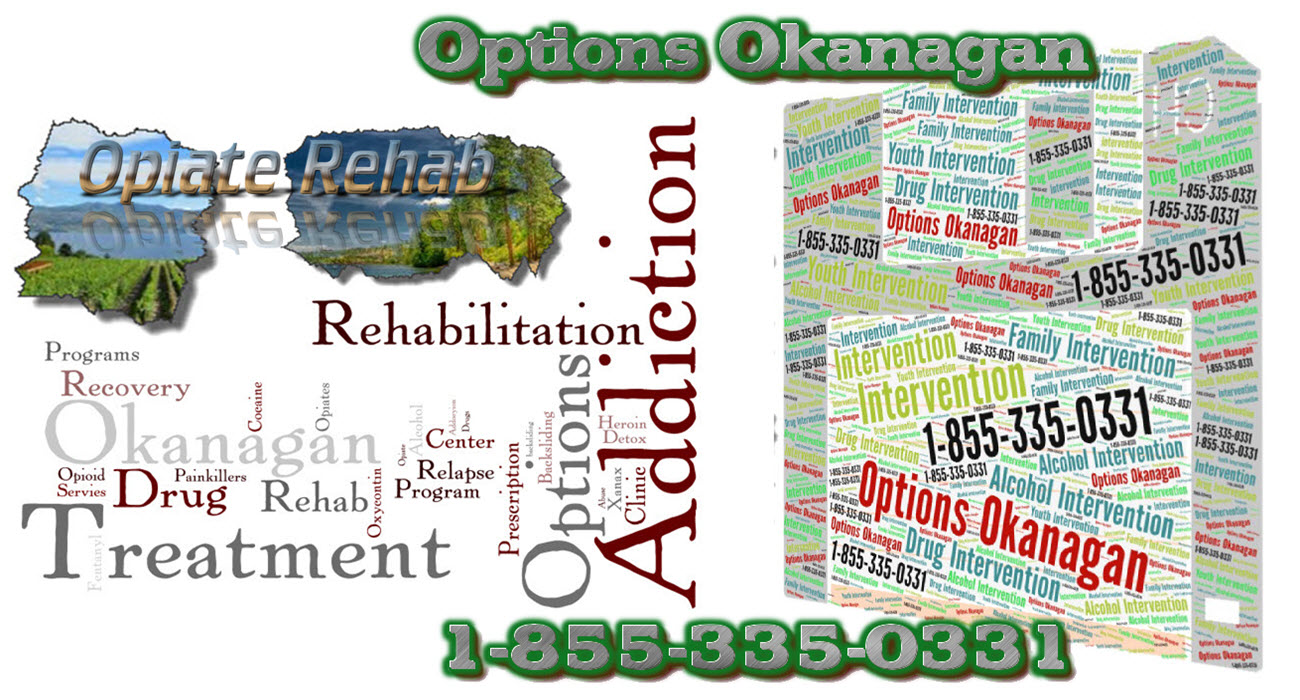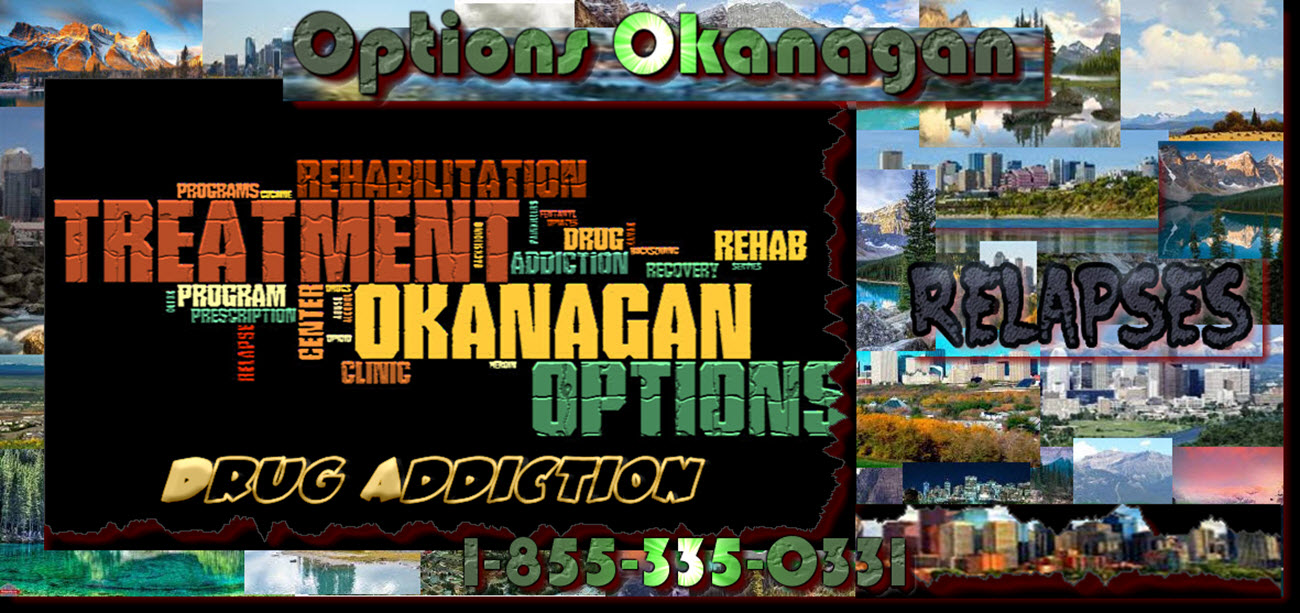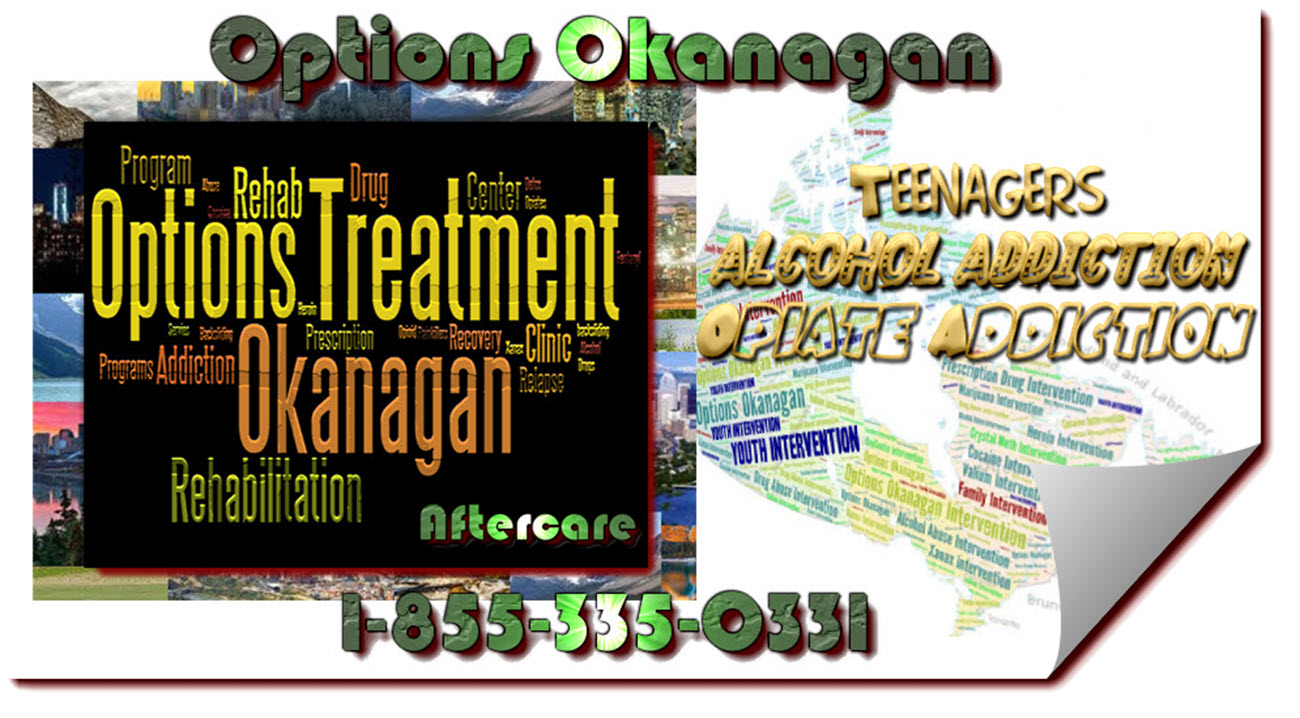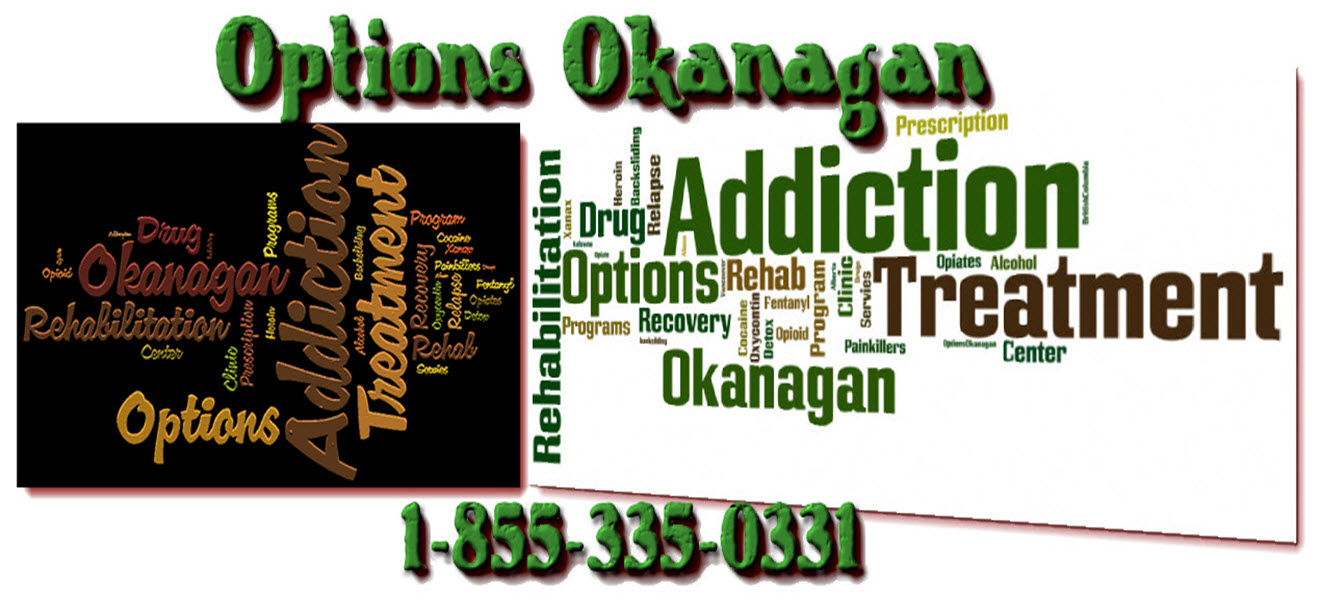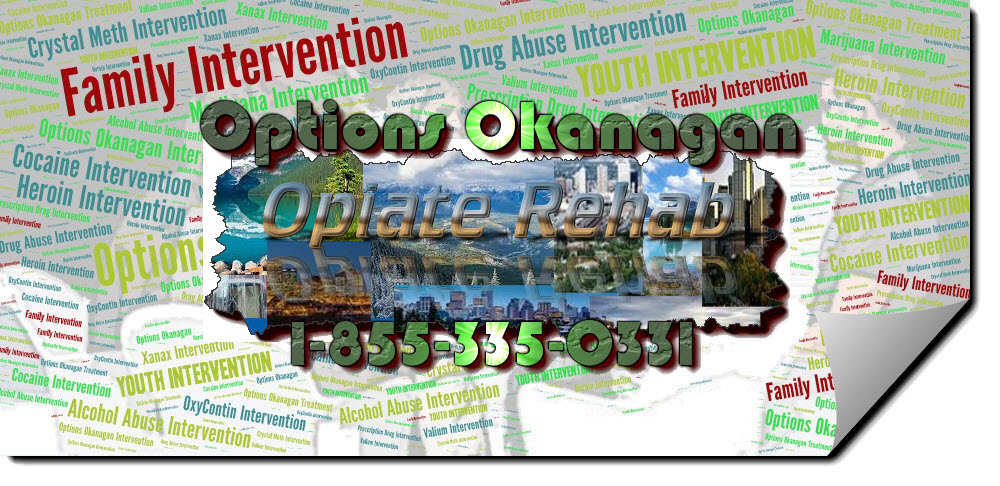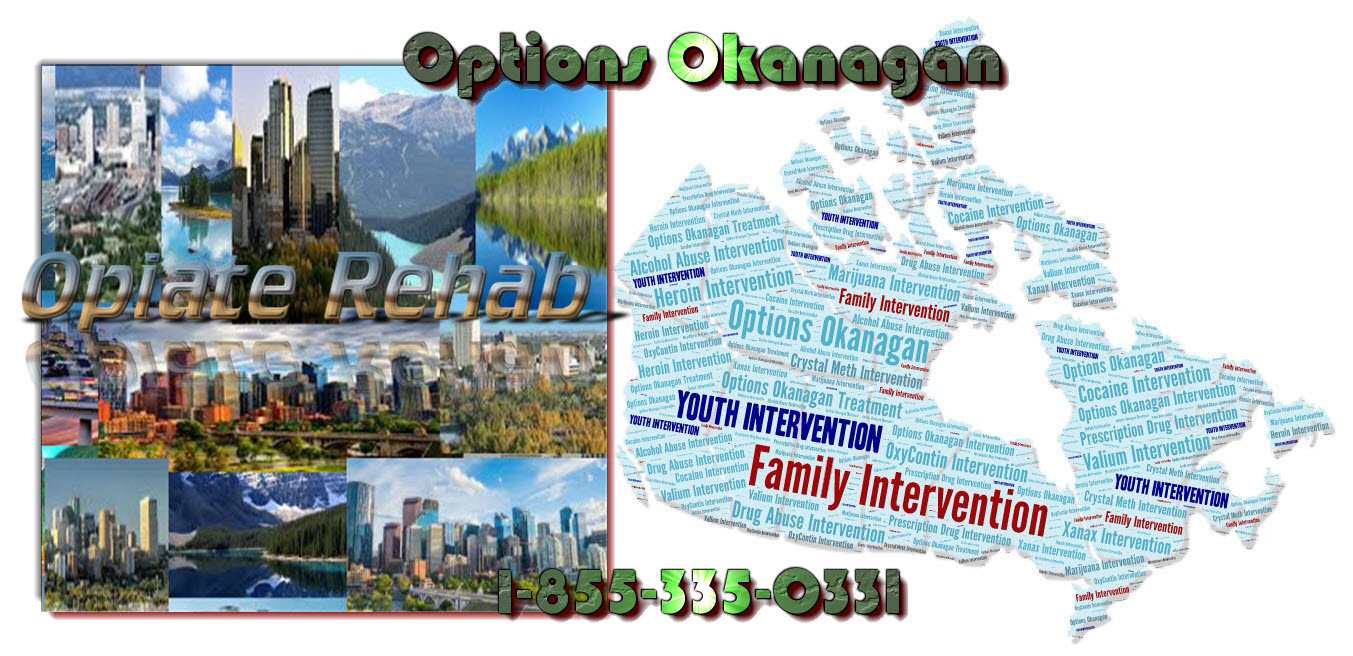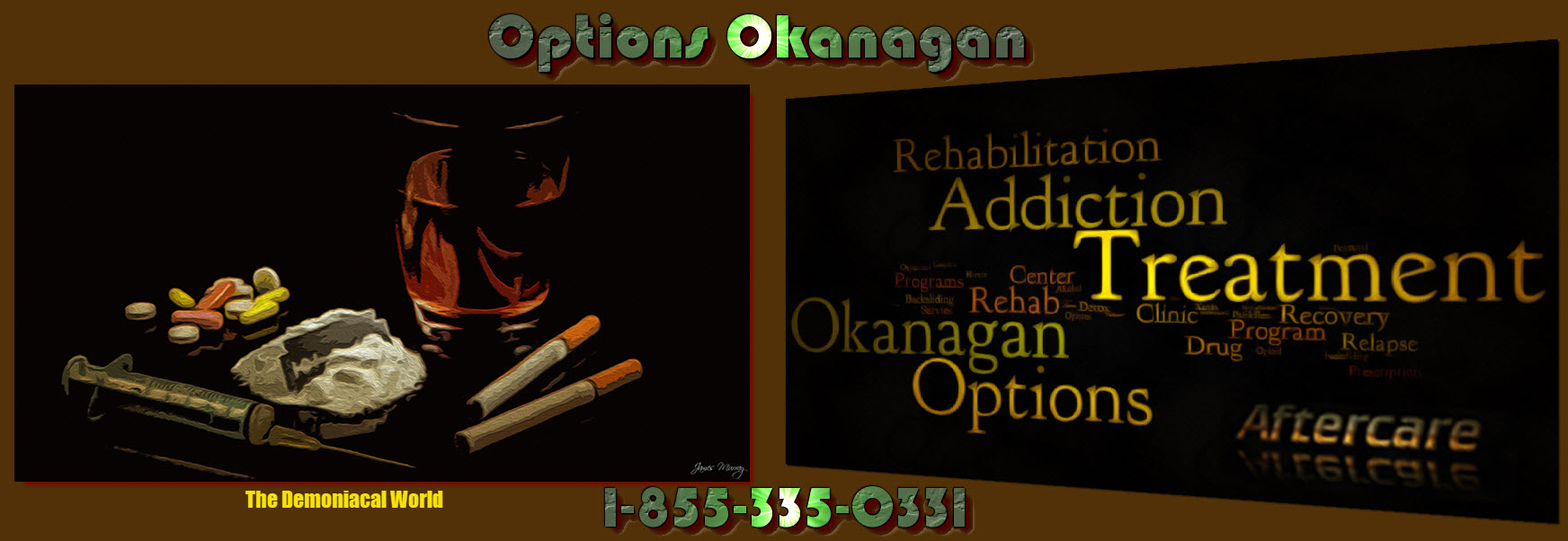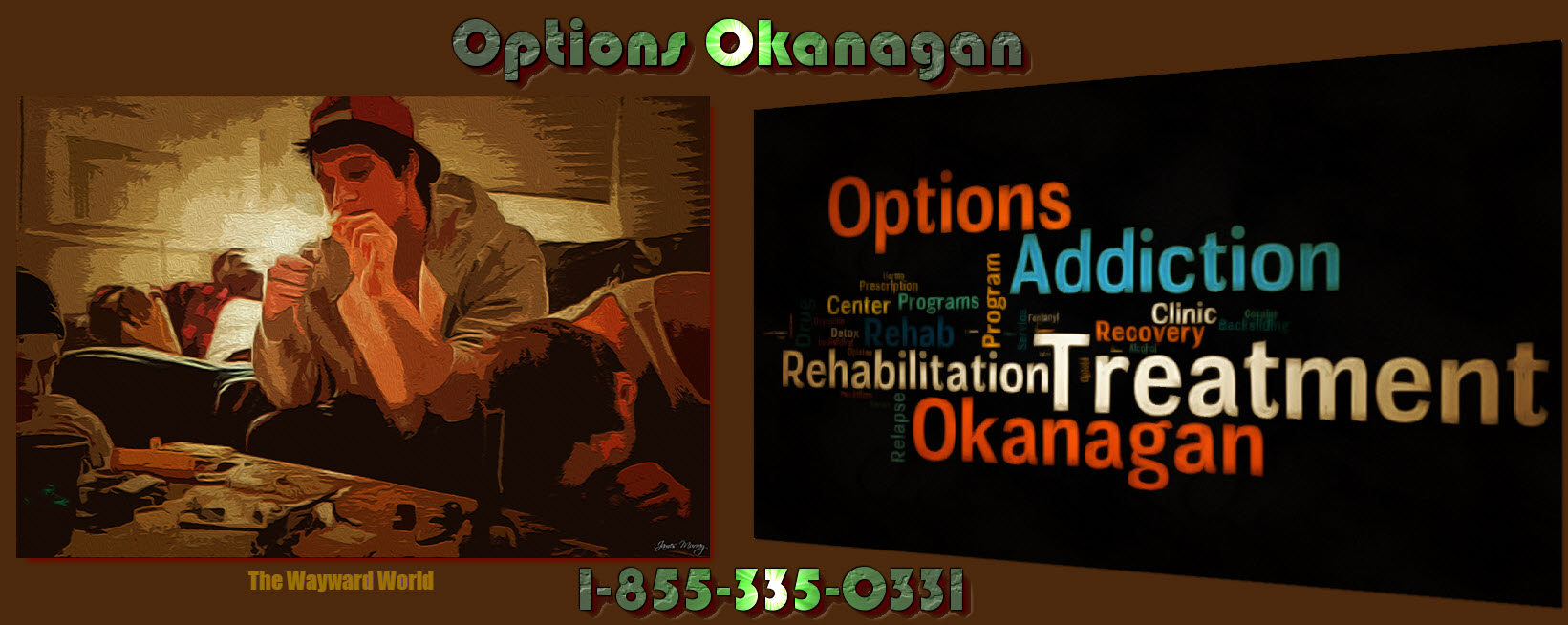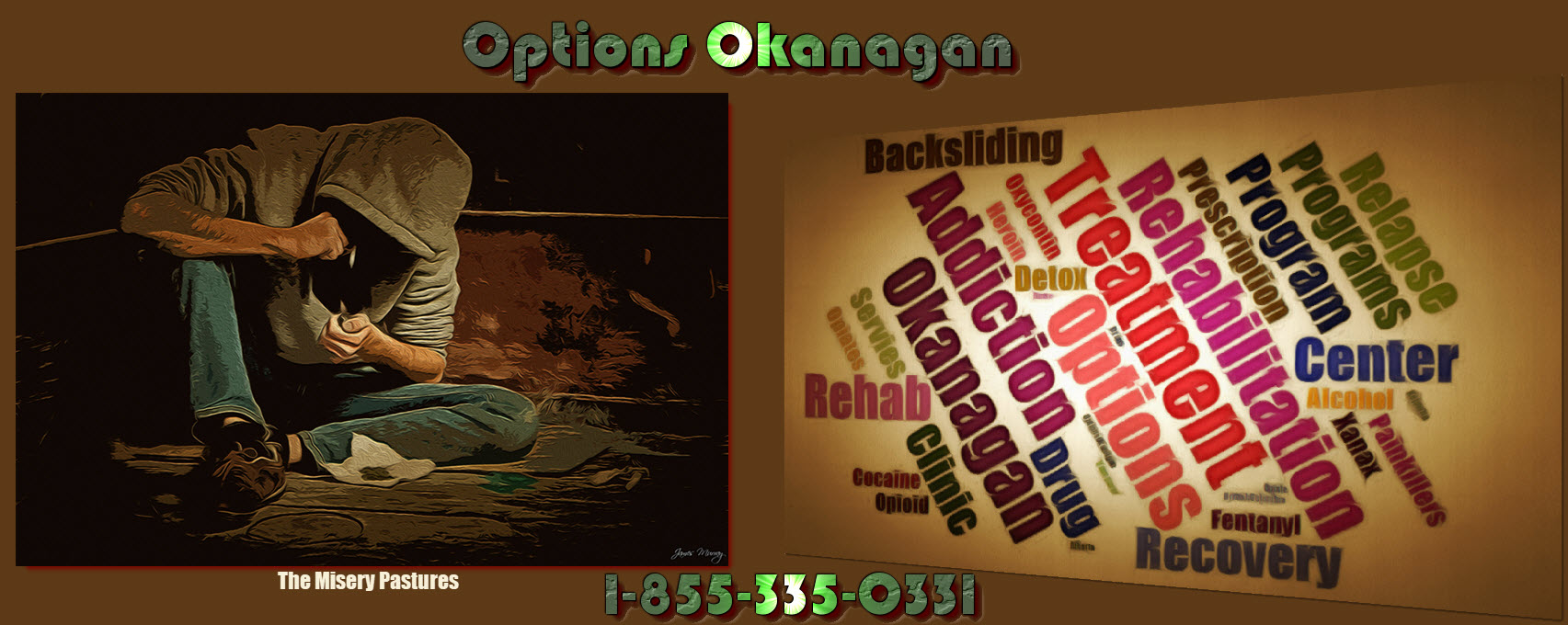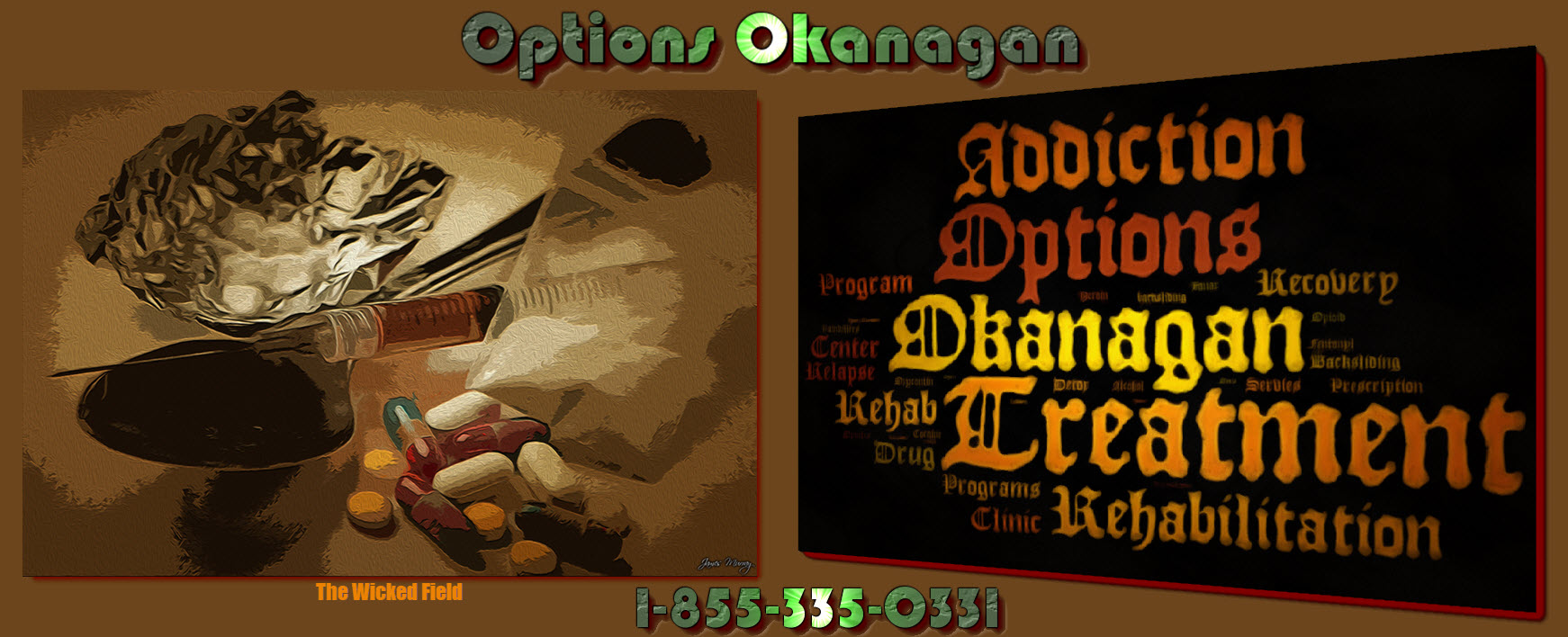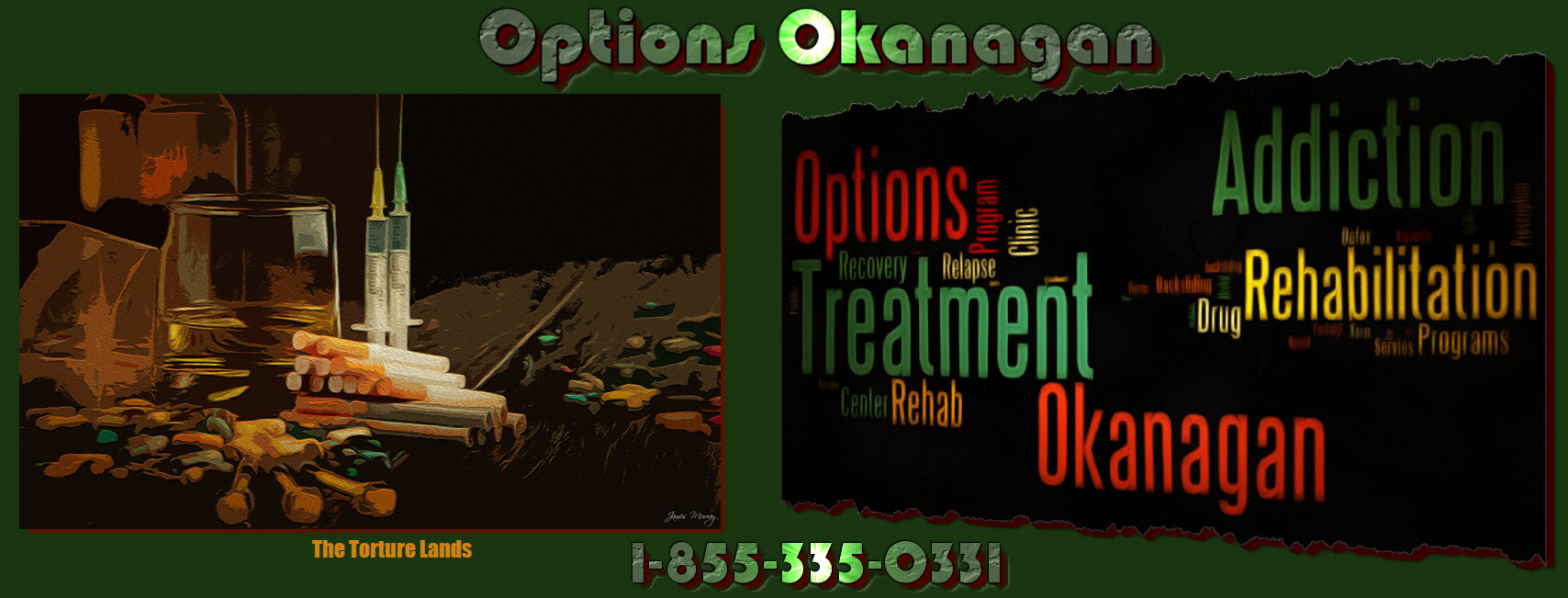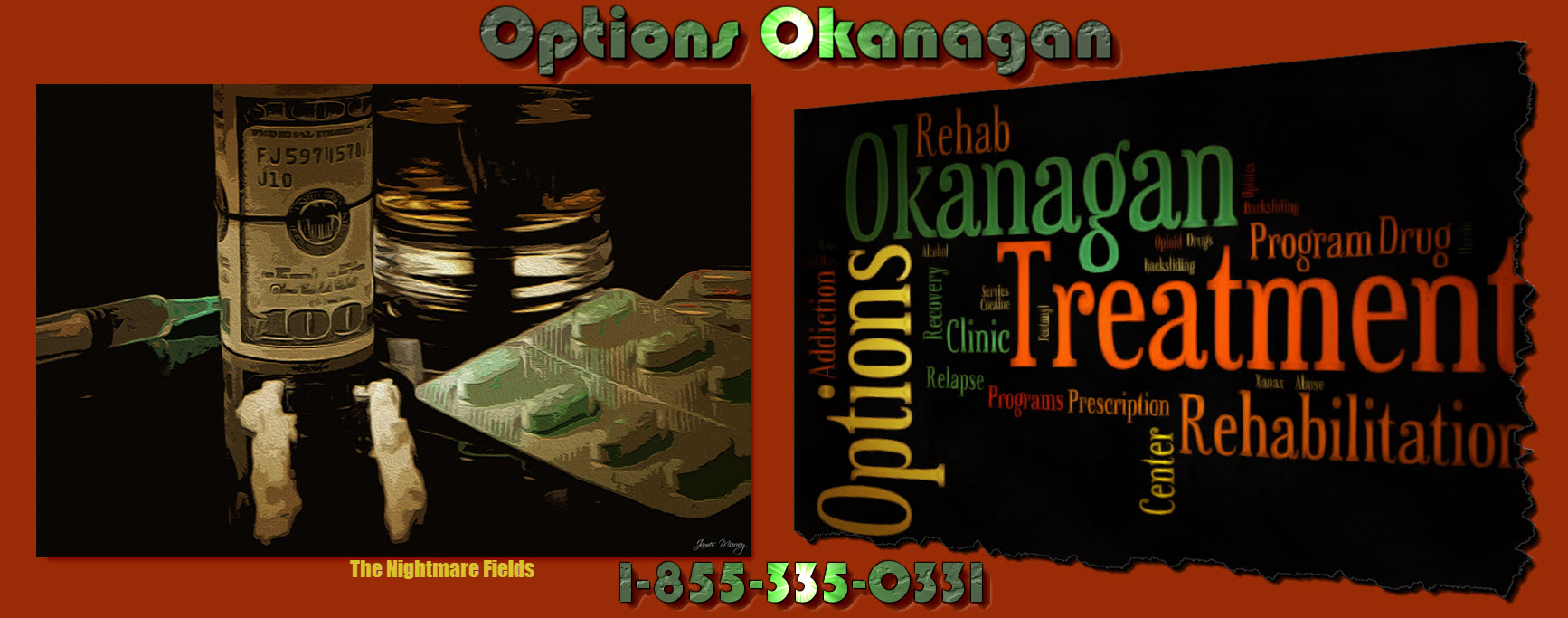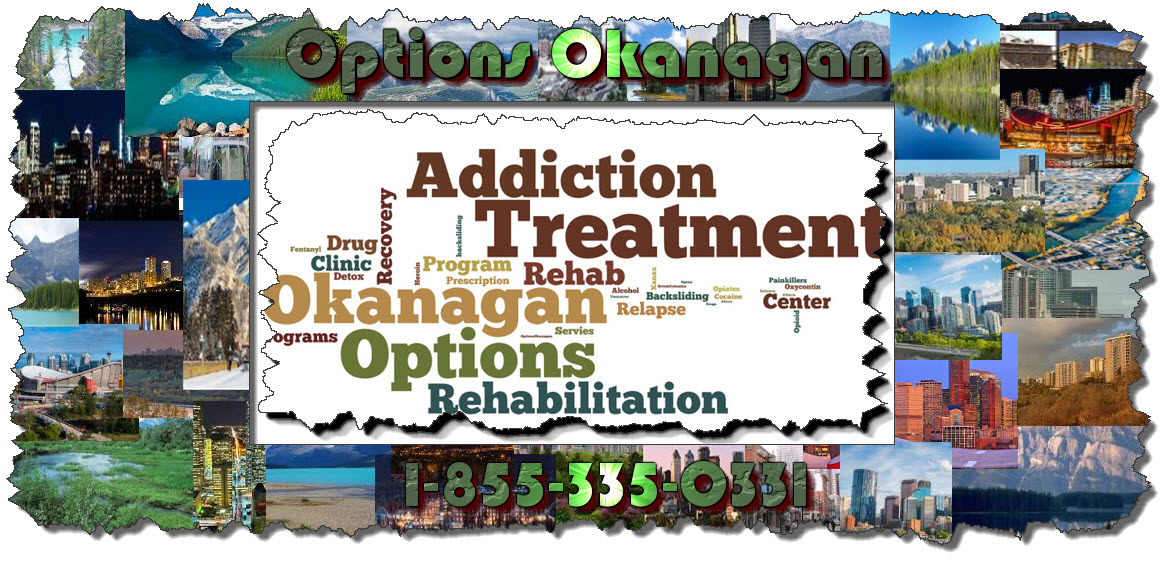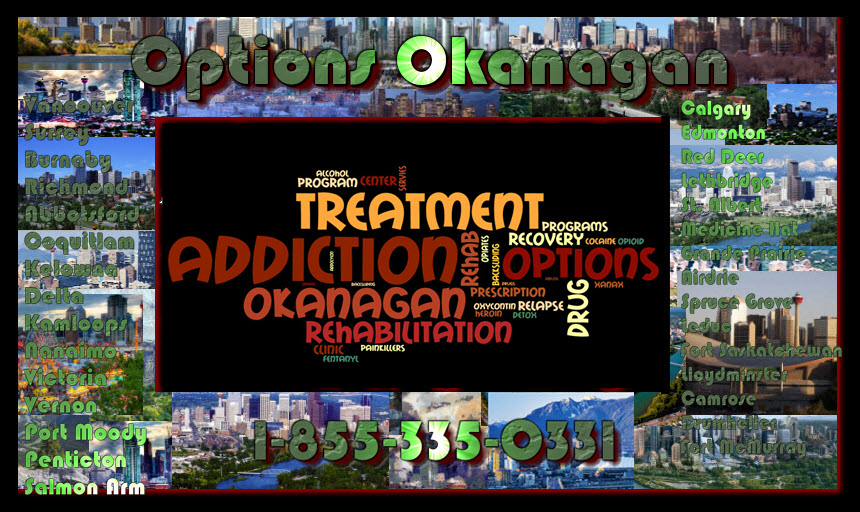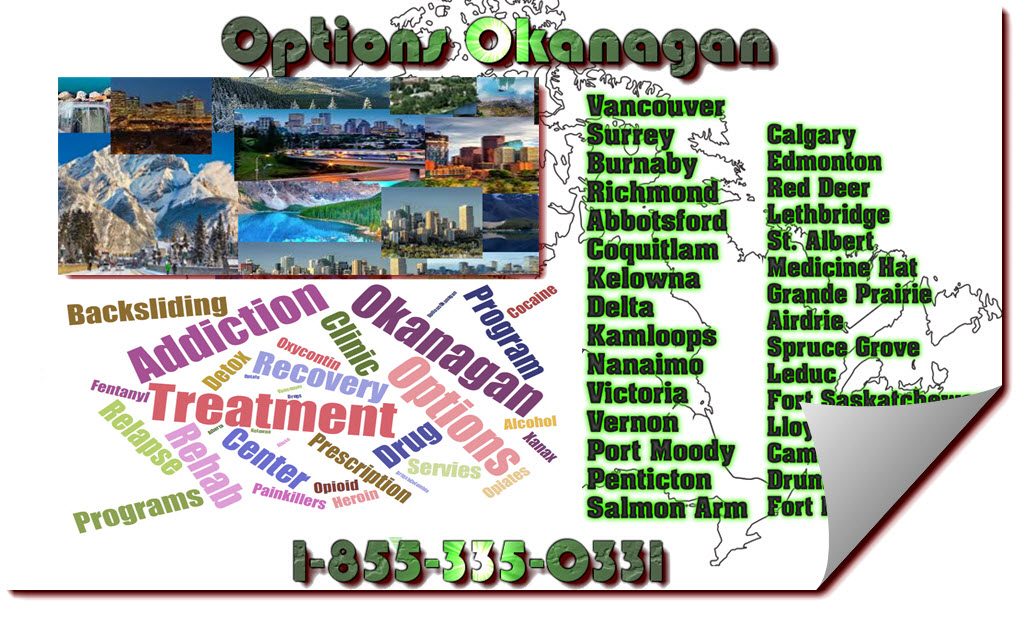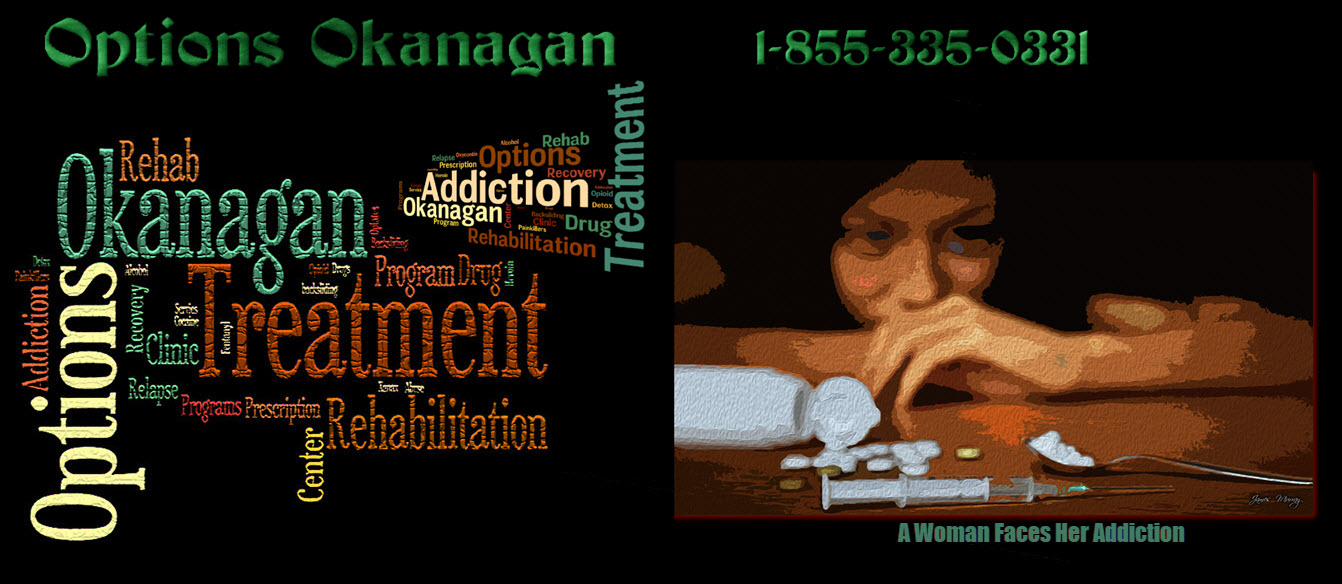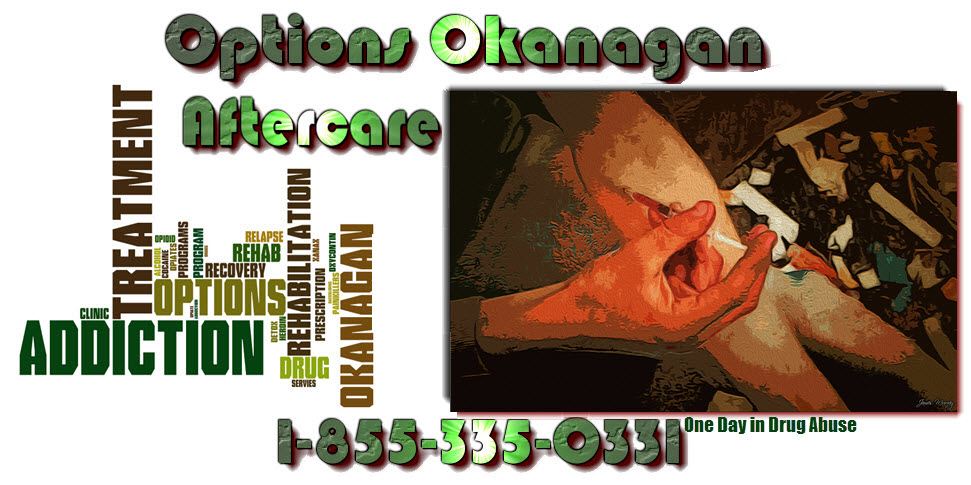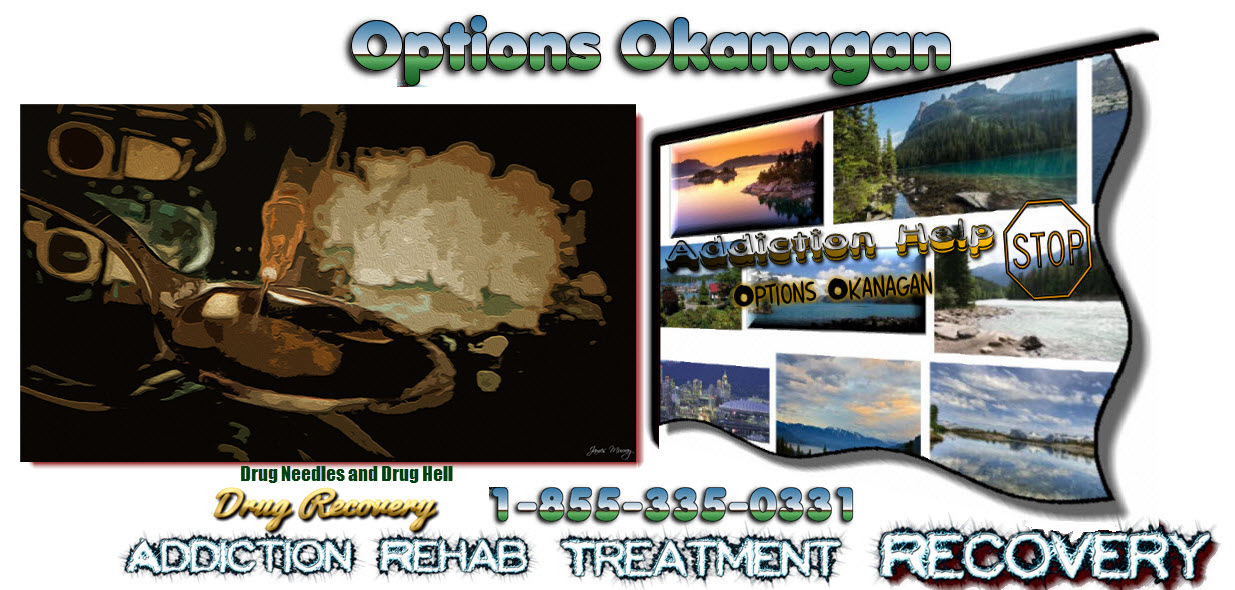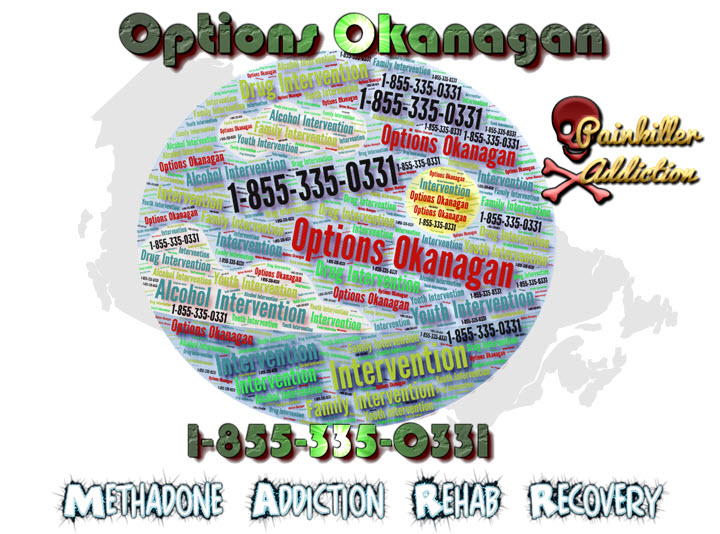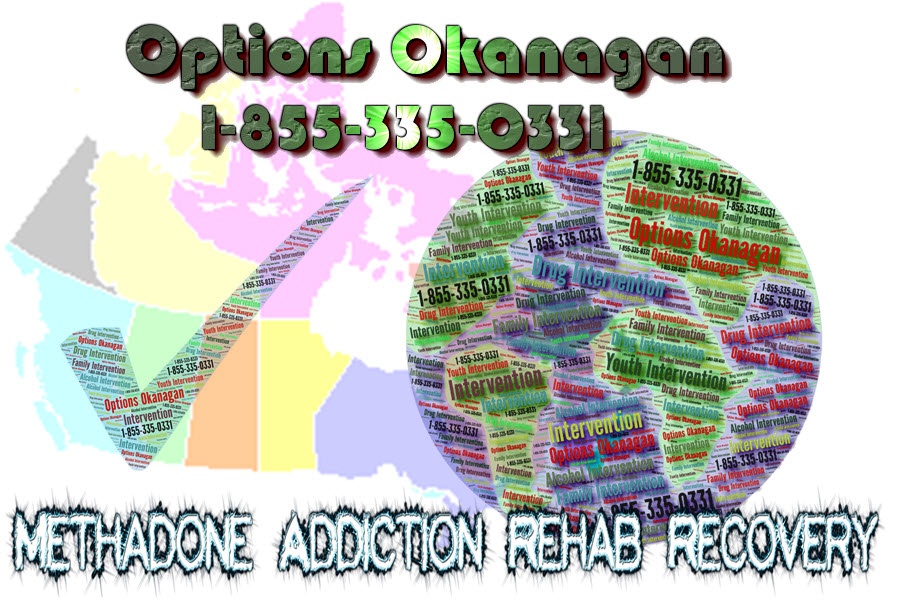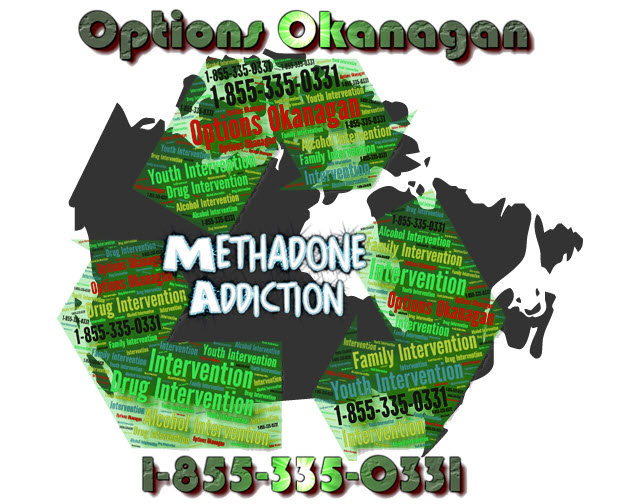Advantages and disadvantages of opioid drug treatment programs. Opiate and prescription drug interventions in British Columbia and Alberta – Options Treatment Center in Kelowna, British Columbia treating prescription drug, opioid, opiate, fentanyl, heroin, and alcohol addiction and recovery.
Opioid Drug Rehabs In Alberta And BC
The medical health community needs to work towards more personal assessment, effective medical detoxification, and affordable psychological care. It is time to change the way people see and treat drug addicts. Humans are physiologically complex creatures. Our physical condition is related to our emotional and social needs. Diseases such as opioid use disorders can be difficult to understand, which makes them a real challenge for so many people. Studies show that while some people have biological or genetic components that make them more vulnerable to substance abuse, others are involved in this struggle because of social and behavioral factors. For the most part, however, it is a combination of various emotional, physical, as well as social elements that contribute to their problems in relationships with opioids and other substances.
Although the main cause of addiction has so many variables, opiate addiction is basically a physiological condition that requires professional medical attention. Too many opioid rehab treatment programs depend on ancient drug screening and treatment methods that condemn recurrence and impotence in a patient for life. Sometimes repeated attempts at treatment become so tiring and ineffective that the patient becomes discouraged and pays the final price. This method of treatment of traditional medicine is not only associated with a high frequency of relapses but also cannot diagnose existing mental health problems. Untreated psychiatric conditions often cause emotional stress which leads to an urge to use drugs. Intense longing causes recurrence, which can cause feelings of failure, followed by hopelessness and sometimes an overdose.
Improve an understanding of drug, opioid and alcohol addiction
There are emotional, physical, and social factors in dealing with drug addiction, especially opioids. Some people are more likely to develop addiction problems than others because of genetics or family history. There is also a biological component that makes some people addicted. In addition to physiological aspects, there are active emotional components involved in addiction, such as the relationship between brain chemical reactions and the desire to use drugs. Physical relief from not being stressed creates a feeling of euphoria and happiness that requires heavy drug use. Unfortunately, many people mistakenly believe that a person’s ability to correctly decipher wrong things must automatically and easily counteract their physical drug use. How could something that feels right be wrong?
The inability to stop opioid use is addiction. As soon as an individual realizes that they are addicted to opioids, they feel embarrassed and scared. The next step is repeated efforts to deal with painful withdrawals. After all, the individual is overworked, feels stuck, knows that they are now considered a drug addict and believes that they have failed.
The key to effective treatment for opioid use disorders is to provide patients with the right treatment options, and treatments that reverse physical dependence on opioids and reduce cravings. This approach must also include individual emotional judgment. In addition, affordable and appropriate psychosocial services can help develop valuable life skills to help deal with anxiety, sadness, and stress, and all of which are proven to cause recurrence, back to using again.
Patients fail with drug treatment programs
Over the years, drug rehabs have convinced patients about a disease for which there is no cure. This drug focuses on the symptoms of addiction and often does not see the person. Instead, they try to keep their clients aware and constantly remind them of their weaknesses in temptation. These treatment centers maintain the belief that “once addicted, always addicted”, that addiction is a chronic disease that cannot be cured and surrender is the only choice. This treatment approach is counterproductive and can destroy self-esteem, making people feel like losers in society without hope to get rid of addictions.
The health care industry is more focused on addiction than patients as individuals with special needs. Many people suffer terrible consequences. Many of those who have struggled with addictions have not survived in this deadly condition, and their relatives have been forced to overcome the sadness associated with such traumatic loss.
How can treatment centers improve the patient’s opioid treatment program?
Given the weaknesses of this dangerous approach, it is clear that immediate change is needed. There are currently medical treatment options that reverse physical dependence on opioids. Effective medical detoxification allows patients to reverse opiate addiction. Overcoming illness immediately can also prevent the devastating side effects of social and emotional addiction. Pharmacological therapy non-addictive therapy is also available to eliminate physical desires and painful withdrawal symptoms. The fact that patients are free of drugs and allowing them to be more productive in dealing with the underlying emotional conditions.
Counselors and therapists know that there are effective choices for treating drug addiction and that patients can continue their productive lives. It is possible to reverse opioid addiction, regulate chemical imbalances, and treat almost all types of mental illness. Why do so many drug rehabs still treat drug abuse disorders as lifelong conditions that can never be cured? Why do opioid addicts have to face battles, setbacks, and lifelong scars? Why are individuals told that their addiction is part of who and what they are and not the actual phase of life they are currently living in?
Unfortunately, too many treatment programs keep people on track to relapse and recovery, a recurring door for further treatment. The sad reality is that financial benefits increase with ongoing care rather than offering reliable and proven solutions.
The time is now for the healing process
It is time to change the way everybody sees and treats drug addicts. The professional medical community needs to work towards more personal assessment, effective medical detoxification, and affordable psychological care. They also need to use all available social media resources to give people a better understanding of what addiction really is. Information and education will help eliminate the stigma and fear that makes many people seek help. With the availability of effective opiate care programs and the quality of mental health, the medical health community will be able to reverse the current opiate crisis that has plagued Canada, and the United States.
Options Okanagan Opiate and Alcohol Treatment Centers in Kelowna, Salmon Arm and Vancouver, British Columbia – Men and Women are recovering and healing from Alcohol and Drug Abuse at our treatment center here in the Okanagan right now.
Our unique and distinctive Opiate Drug and Alcohol treatment program allow men and women to come in from Calgary as well as Edmonton as we offer airport pickup.
Numerous clients come to us from Vancouver, Calgary, and Edmonton and other locations in Alberta and even other provinces for Opiate addiction treatment, heroin drug treatment, many other drugs, and alcohol addictions for rehabilitation because of the uniqueness of our treatment center.
Our (Kelowna) Alcohol and Drug Treatment Program Location:
(Not Mailing Address) – Contact Us – Web Page
For Mail Delivery :: Please contact each center for correct mailing addresses, also this location is the location of our residential treatment programs in Kelowna. Please call Toll Free 1-855-335-0331 – to contact the treatment center you are going to for the address and directions.
Options Okanagan Drug and Opiate Treatment Center
551 Sherrydale Crescent, Kelowna, British Columbia, V1V 2E6
Toll-Free Phone Number: 1-855-335-0331

